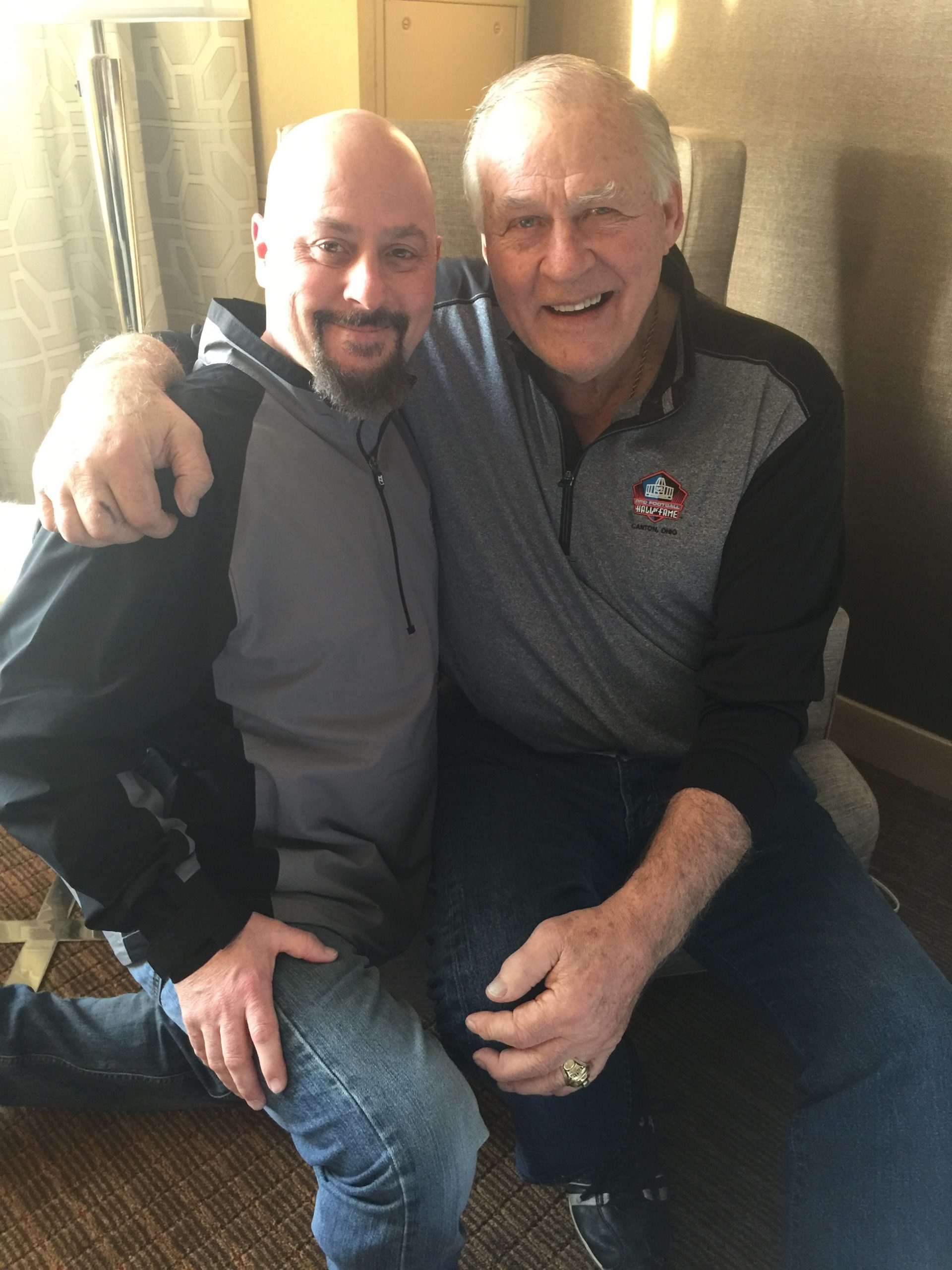Understanding the Significance of Speaker Availability

When we organize an event, confirming the availability of our chosen speakers is a cardinal step that can dictate the success or failure of the event.
Defining Availability in the Context of Events
Availability, in terms of event planning, means ensuring that the speaker—we are referring to industry experts, motivational speakers or guest speakers—is free and willing to attend our conference or seminar on the specified dates. We must consider:
- Exact Time and Date: Align the event's schedule with the speaker's free slots.
- Location Constraints: Confirm whether the speaker can attend in-person or if arrangements for virtual presence are necessary.
- Previous Engagements: Check the speaker's commitments to avoid clashes with other events.
We create a table for each speaker that includes these critical data points:
| Speaker Name | Free Date(s) | Time(s) | Location Preference | Confirmed (Y/N) |
|---|---|---|---|---|
| John Doe | June 5, 2024 | 10 AM - 12 PM | Virtual | Y |
| Jane Smith | June 6, 2024 | 2 PM - 4 PM | In-person, NY | N |
Consequences of Overlooking Availability
Failure to verify speaker availability can lead to serious repercussions:
- Schedule Discrepancies: Misunderstandings arise when speakers are double-booked, leading to last-minute program changes that can damage our trust with the audience.
- Financial Loss: If a speaker is a no-show, our financial investment in promotion, venue, and other preparations might not yield the expected return.
- Reputation Damage: Our reputation as event organizers can suffer if we fail to deliver the promised speakers, especially if they are renowned figures in the industry.
For example, if we advertise an influential motivational speaker for a seminar, and they can't attend due to a conflicting event, the participants trusting our commitment to delivering high-value content may feel deceived.
Ensuring speaker availability is a vital cog in the machinery that operates a seamless and successful event. We need to approach this with diligence, confirming details well in advance to uphold the integrity and smooth operation of our conferences and seminars.
Communication Strategies for Speaker Engagement
In ensuring a successful speaker engagement, we must prioritize effective communication strategies. By taking deliberate steps to enhance understanding and confirm that our speakers are on the same page, we establish a foundation for a smooth and productive exchange.
Ensuring Active Listening and Understanding
Active listening is the cornerstone of effective communication. It's crucial that we engage fully with the speaker by:
- Making Eye Contact: Maintaining eye contact shows attentiveness and respect.
- Nodding and Using Facial Expressions: Appropriate nods and expressions indicate that we are following along.
- Avoiding Assumptions: Assumptions can lead to misunderstandings; ask for clarification instead.
- Taking Notes: Jotting down key points demonstrates that we are actively processing information.
We also encourage feedback from the speaker to confirm that our understanding aligns with their message.
Techniques to Confirm Speaker Understanding
To ensure that our speaker comprehends expectations and logistics, we can employ several techniques:
- Summarization: Restate key points and ask the speaker to confirm for accuracy.
- Asking for Feedback: Encourage the speaker to express any concerns or questions they may have.
- Clarification Questions: Pose specific questions to gauge the speaker’s understanding and clear up any potential confusion.
- Empathy: Show genuine care for the speaker’s perspective to foster a deeper connection and mutual understanding.
These strategies ensure that both we and the speaker are fully prepared, eliminating any potential hurdles in communication.
Logistics Coordination for Speaking Events
To ensure a successful speaking event, it is crucial that we focus on venue selection and the coordination of both travel arrangements and on-site equipment.
Venue and Equipment Essentials
When selecting a venue, we prioritize space that can accommodate our expected audience size and layout requirements. It is vital that the room is conducive to interaction, with clear lines of sight to the podium. For the speaker's aid, we confirm the availability of a podium, a working microphone, and a visible screen for presentations. We create a checklist for equipment as follows:
- Podium: Sturdy and at a proper height
- Microphone: Checked for clarity and range
- Screen: Sizeable and functioning
Arrangements must be made to provide the speaker with essentials such as water to maintain comfort throughout the event.
Navigating Location and Travel Arrangements
We meticulously plan the travel necessary to bring our speaker to the location of the event. This includes booking flights, arranging airport transfers, and securing accommodations, always considering proximity to the venue. It is our responsibility to streamline the travel process for the speaker, ensuring a timely and stress-free arrival. Our steps include:
- Confirmation of travel dates and times.
- Pre-booking of transport to and from the venue.
- Detailed itinerary provided to the speaker.
In essence, by attending to these specifics, we lay the groundwork for a well-executed speaking event.
Leveraging Technology and Social Media
In organizing events, we harness technology and social media to secure speaker engagements effectively and efficiently.
Online Platforms for Speaker Interaction
Online platforms have revolutionized our ability to connect with potential speakers. Specifically, professional networking sites like LinkedIn allow us to directly contact industry experts and thought leaders. We create a detailed request, specifying our event's theme, audience, and the role we envision for the speaker. Furthermore, dedicated event management software integrates tools for speaker management, including scheduling and communication capabilities, ensuring we have a holistic view of our speakers' availability.
- LinkedIn: Direct messaging to professionals
- Event Management Software: Scheduling and communication tools
Using Social Media for Speaker Outreach
Social media platforms are indispensable in our outreach strategy. We carefully craft our messages to catch the attention of prospective speakers on platforms where they are active. Twitter, for example, is a space where concise, targeted communication can lead to public or private conversations regarding event participation. Done correctly, a tweet or direct message can be the beginning of a productive collaboration.
- Twitter: Tweets and direct messages to initiate contact
When utilizing these tools, we ensure our approach is personalized, respectful, and aligned with our event's goals. Through these mediums, we maintain a clear and consistent line of communication with potential speakers.
Creating an Engaging Speaker Experience
We understand the intricacies involved in bridging the gap between a speaker and their audience. Creating an engaging experience is about fostering strong connections and offering speakers platforms to expand their influence.
Enhancing Speaker-Audience Connection
We prioritise the use of strong non-verbal cues, such as maintaining eye contact and employing confident posture to establish rapport with the audience. Incorporating nodding in response to audience reactions can also affirm engagement. It is essential that our speakers provide a bio and photo prior to the event to build familiarity.
- Body Language: Our focus includes training speakers on open and inviting body language to make the audience feel welcomed.
- Presentation Style: We encourage a style that blends formality with warmth, ensuring clarity of speech alongside the use of engaging visuals or music to maintain a dynamic flow.
Recognition and Networking Opportunities
We facilitate public recognition of speakers, which reinforces their authority and the audience's respect. Additionally, we organize networking sessions, using name tags with speakers' photos and a concise bio to foster connections.
- Networking: We set up dedicated spaces for speakers to interact with attendees, engaging in discussions that can lead to valuable collaborations.
- Avoiding Interruptions: To maintain a seamless experience, we ensure all technical equipment is checked beforehand to avoid disruptions.
Through these meticulous arrangements, we establish a speaker experience that resonates with audiences, enhances speaker brand, and paves the way for meaningful interactions.
Frequently Asked Questions
When organizing an event, ensuring that your speaker's availability aligns with your schedule is paramount. We cover the most common inquiries to help streamline the coordination process.
How do you confirm a speaker's availability for an event?
We typically send a formal invitation via email or use a calendar scheduling tool, requesting the speaker to provide their available dates. It's also effective to provide a range of event dates for the speaker to choose from.
What methods are effective for scheduling a guest speaker?
We find that direct communication through email, phone calls, or professional networking platforms ensures clarity. Utilizing scheduling software or a professional booking agent can also aid in the process.
Why is it crucial to verify a speaker's availability well in advance?
Confirming availability early allows us to plan the event details around the speaker's schedule and avoid last-minute cancellations. It also gives us ample time to promote the event and the speaker's participation.
What are the consequences of failing to check a speaker's schedule?
Neglecting to verify a speaker's availability can lead to double-bookings or no-shows, which can damage our event's credibility and disappoint attendees.
How can you professionally inquire about a potential speaker's availability?
We respectfully reach out with a well-prepared message that introduces our event, its purpose, and politely asks for the speaker's available dates, highlighting the value they would bring to our event.
What steps should be taken if a speaker is unavailable for your chosen event date?
We explore alternative dates or consider other speakers who fit the event's theme and audience. It's important for us to maintain a flexible approach and have a list of potential speakers to ensure the success of our event.


